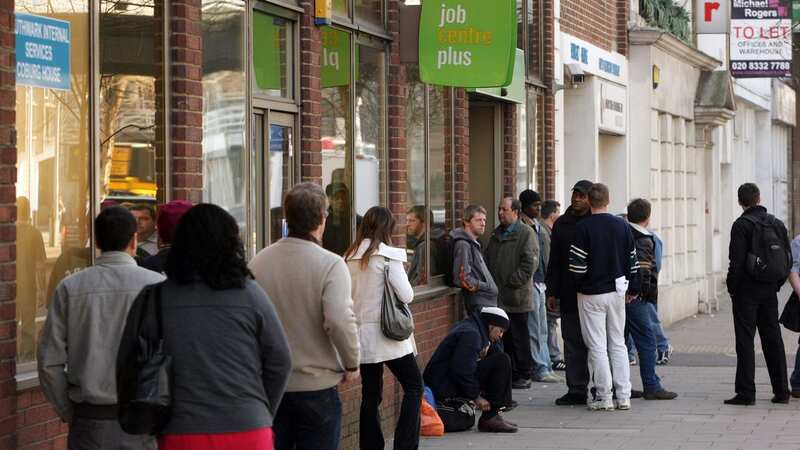Universal Credit claimants given more time to pay off emergency loan
Universal Credit benefit claimants will get more time to pay back a budgeting advance loan under plans announced today in the Budget.
A budgeting advance can be awarded to help with certain expenses. This can include emergency household costs, paying rent in advance or a deposit if you’re moving home, help with starting your new job including travel costs, or funeral costs.
But as this is a loan, it needs to be paid back - although it you're not charged interest. Your Universal Credit payments are typically reduced until you've paid off the amount you borrowed. At the moment, you have 12 months to repay a budgeting advance - but it was confirmed today that this will increase to 24 months.
The smallest budgeting advance you can borrow is £100, but you may be able to get up to £348 if you’re single, £464 if you’re in a couple, or £812 if you have children. You won't get these full amounts if you or your partner have more than £1,000 in savings.
Follow our Budget 2024 live blog for the latest updates
 8 money changes coming in February including Universal Credit and passport fees
8 money changes coming in February including Universal Credit and passport fees
This is because the loan amount you could be offered will be reduced by £1 for every £1 you have in savings over the £1,000 threshold. To be entitled to a budgeting advance, you must have been getting Universal Credit, Income-related Employment and Support Allowance, Income Support, Income-related Jobseeker’s Allowance or Pension Credit for six months or more.
You can be claiming benefits for less than six months and still get a budgeting advance if you need the money to help you start a new job or keep an existing job. You will need to contact your local Jobcentre to apply for a budgeting advance.
If you stop claiming Universal Credit, you’ll still need to repay your budgeting advance. Payments will either need to come out from your wages, if you’re now in work, or from other benefits you may be getting.
If you don’t make payment arrangements, the DWP can contact your employer to recover what you owe. The DWP can also contact a debt collection agency to collect any outstanding payments.
Read more similar news:
Comments:
comments powered by Disqus


































